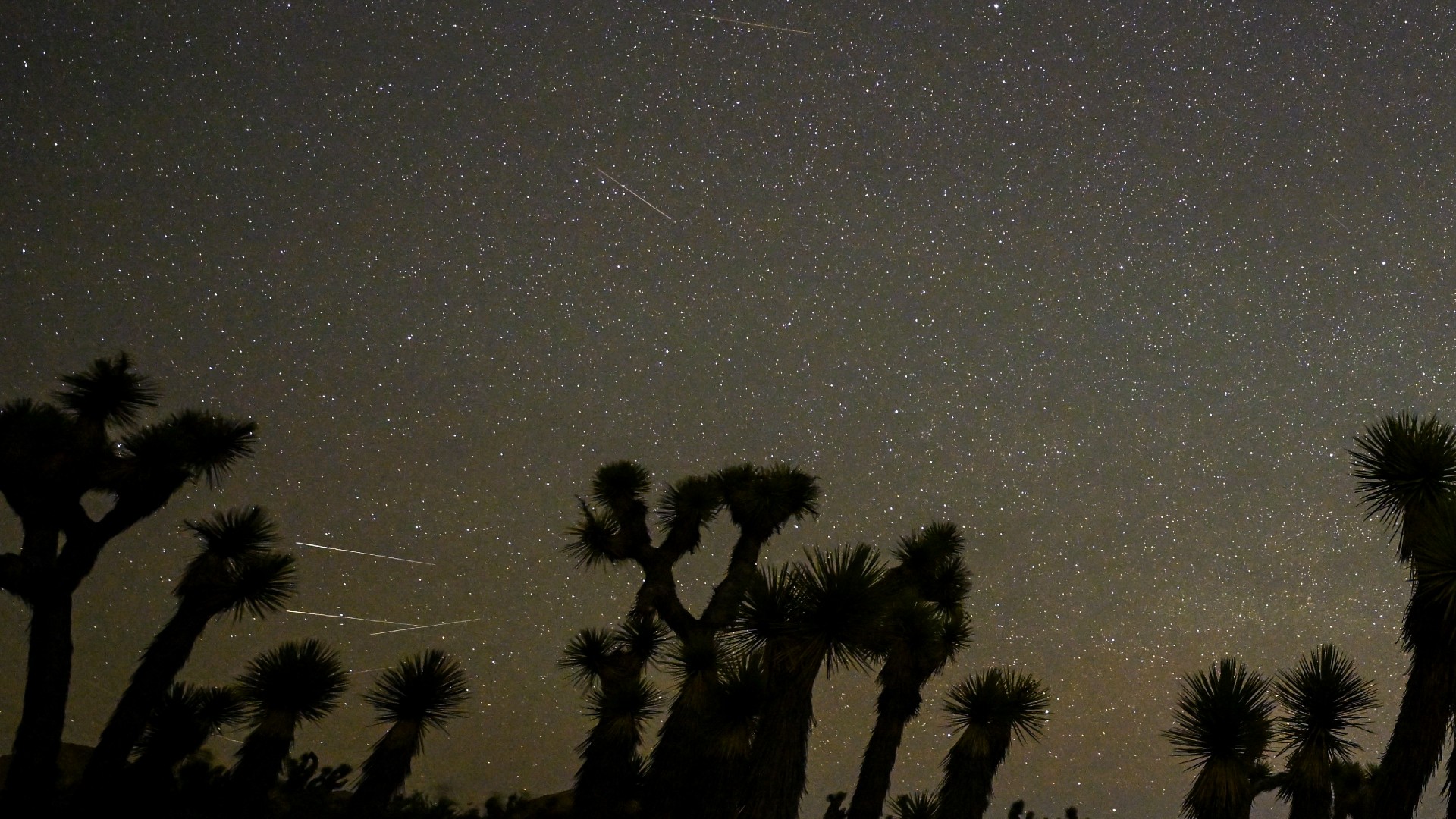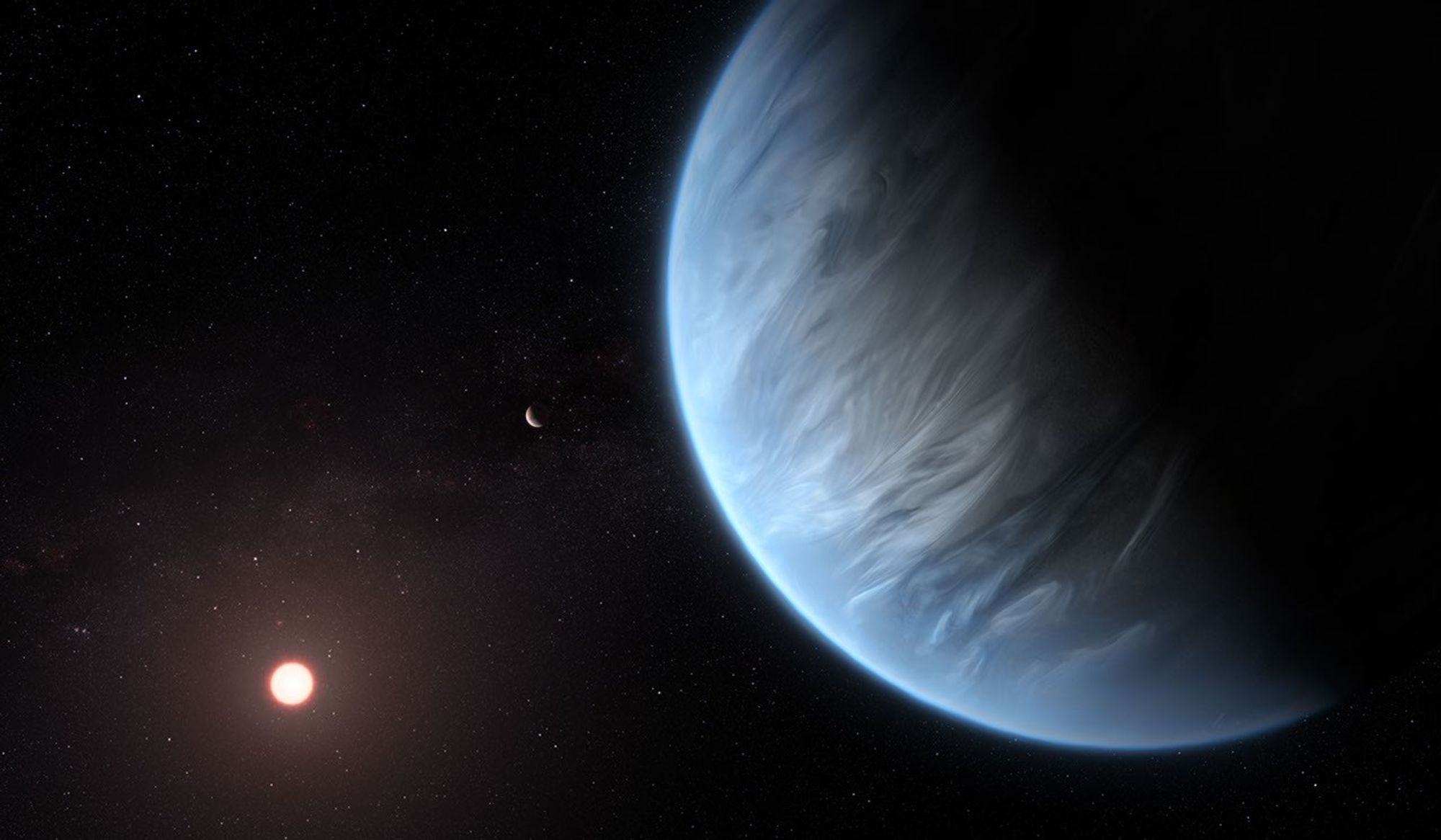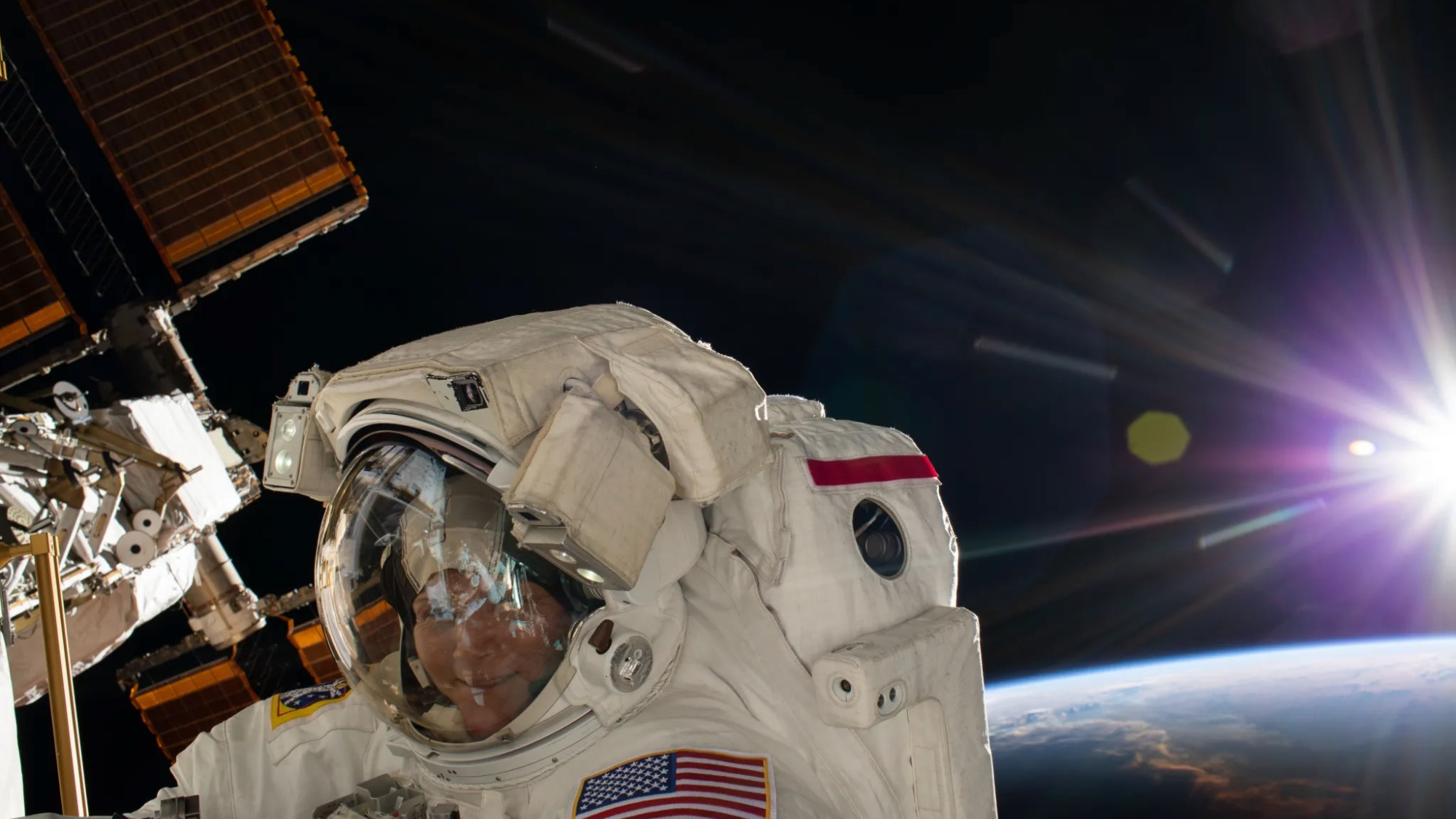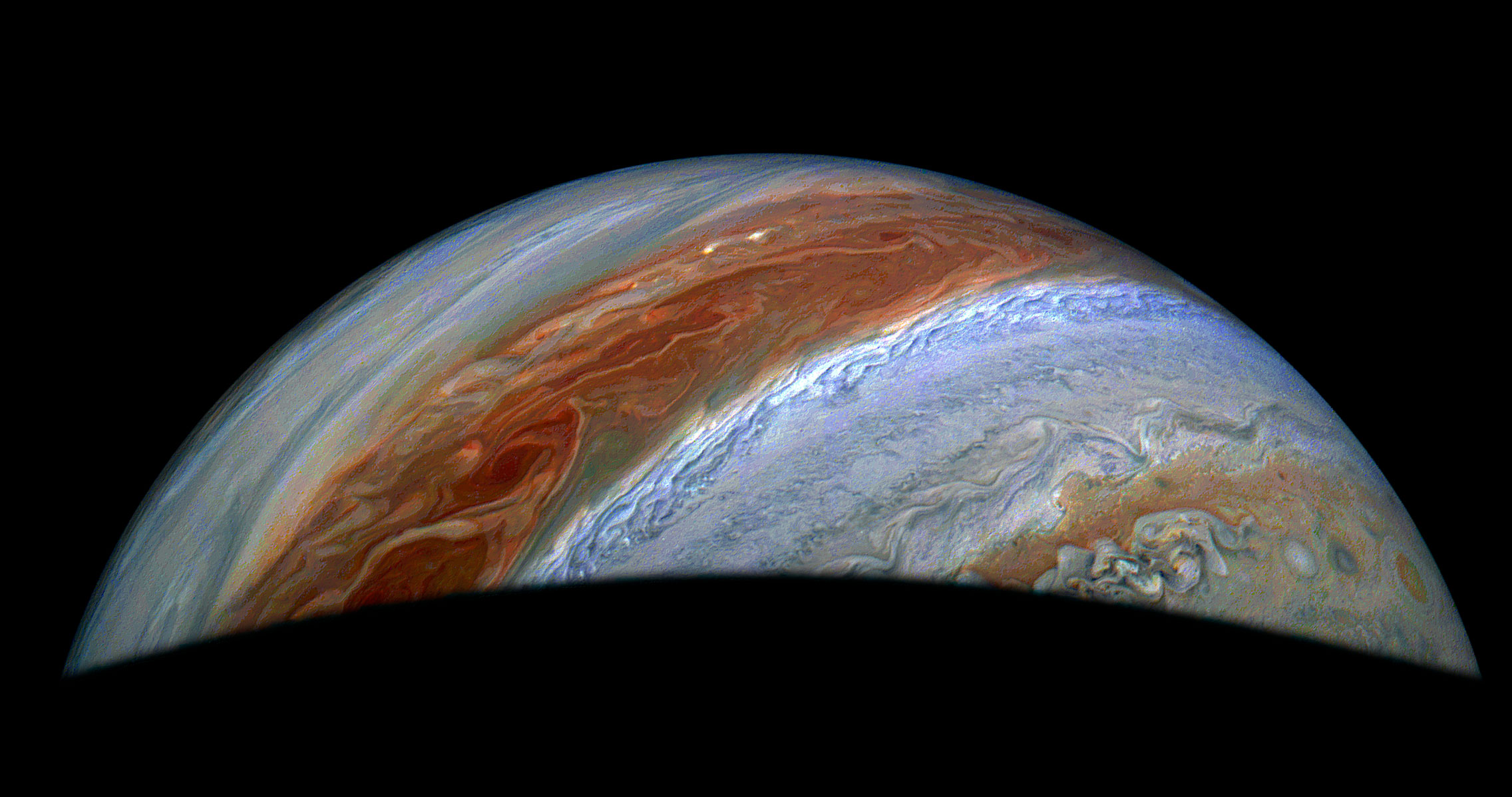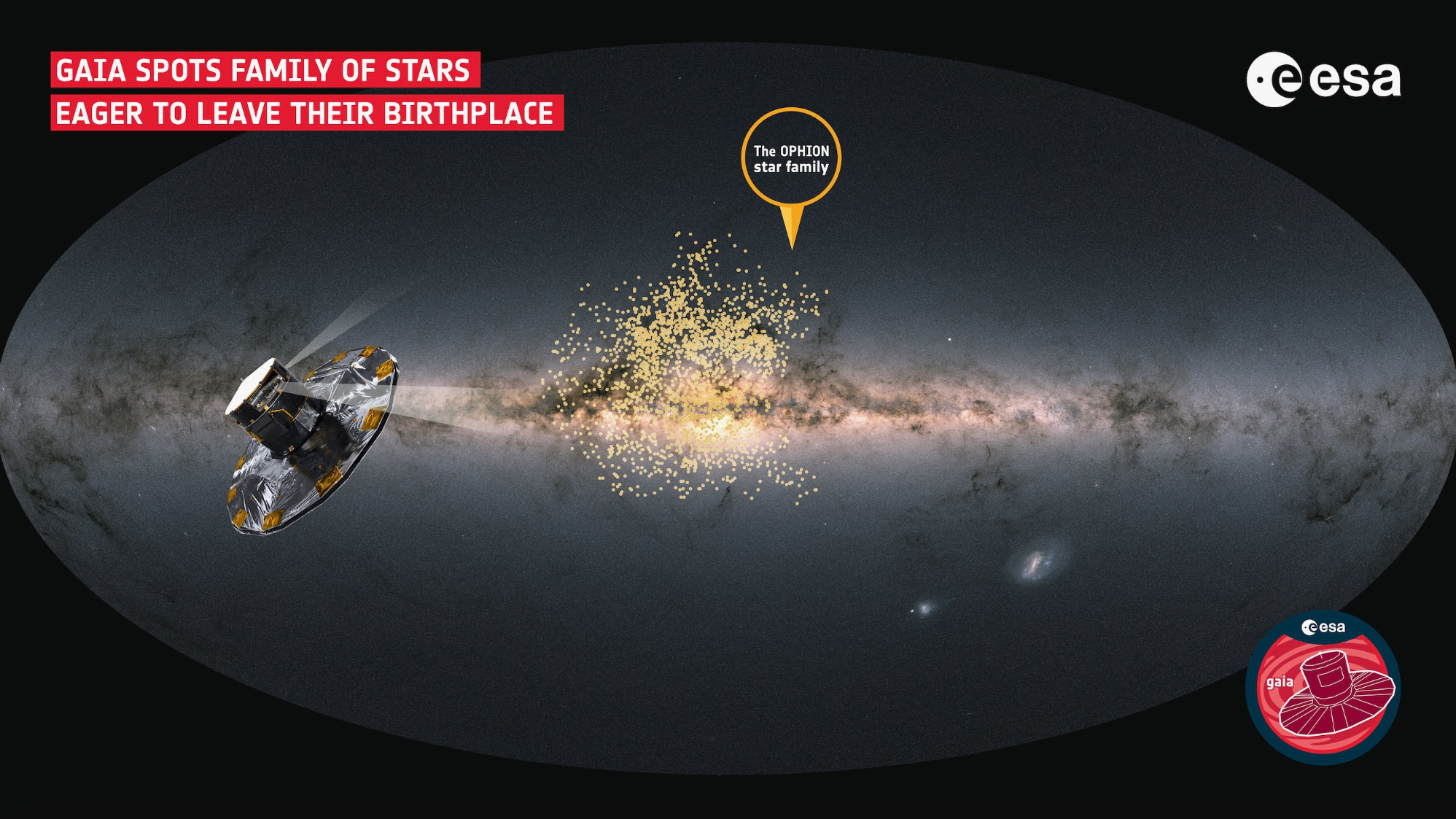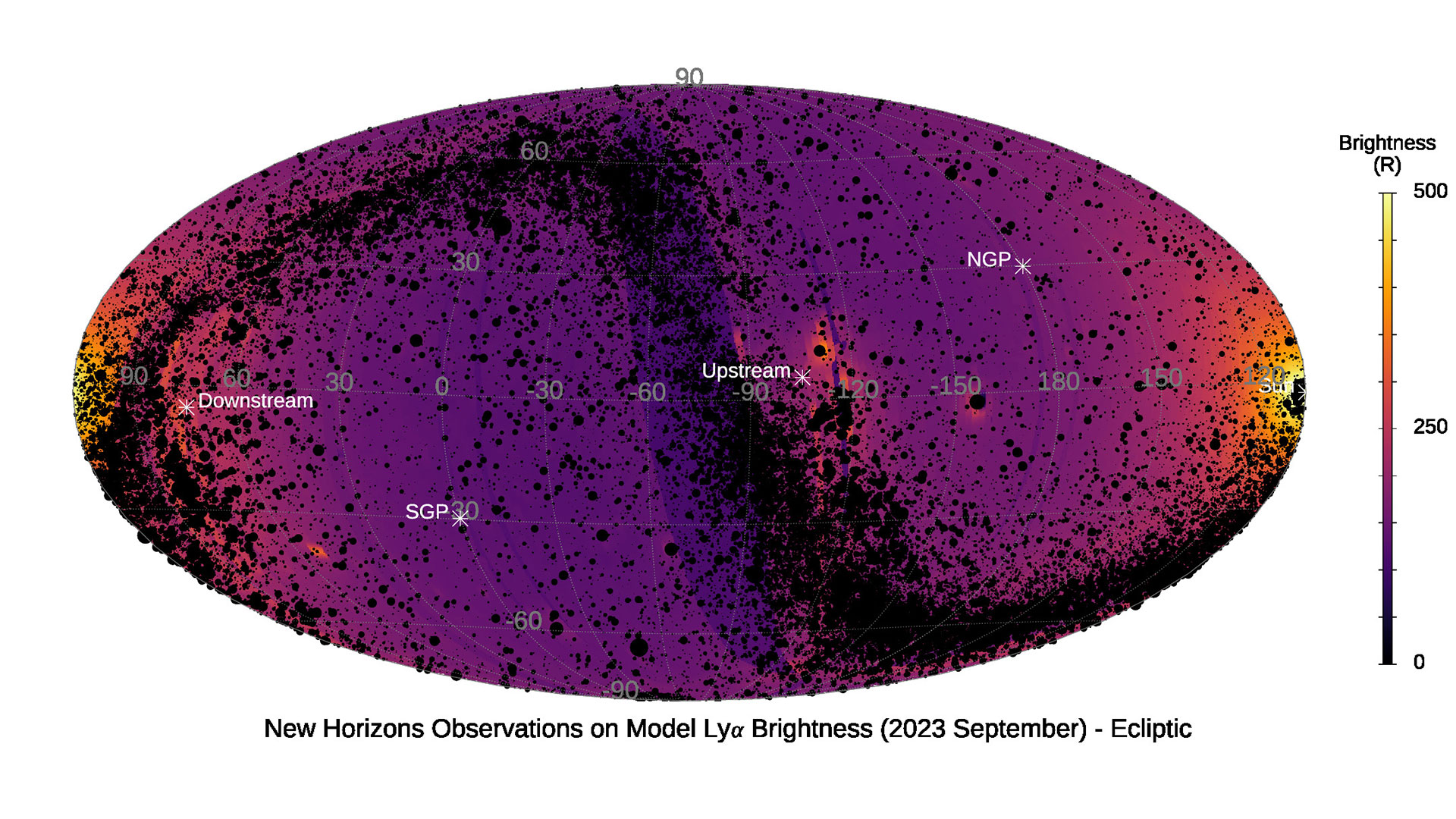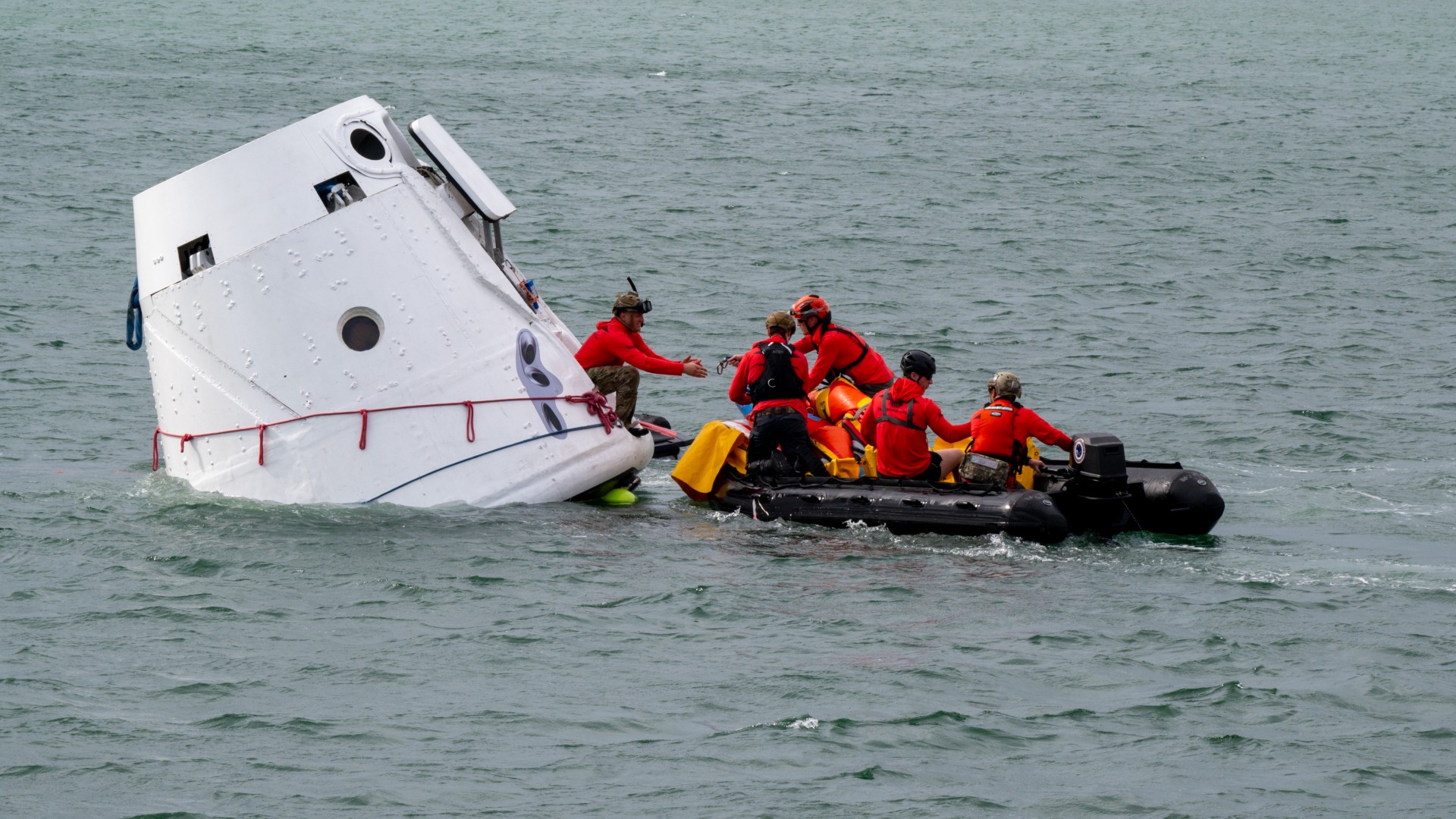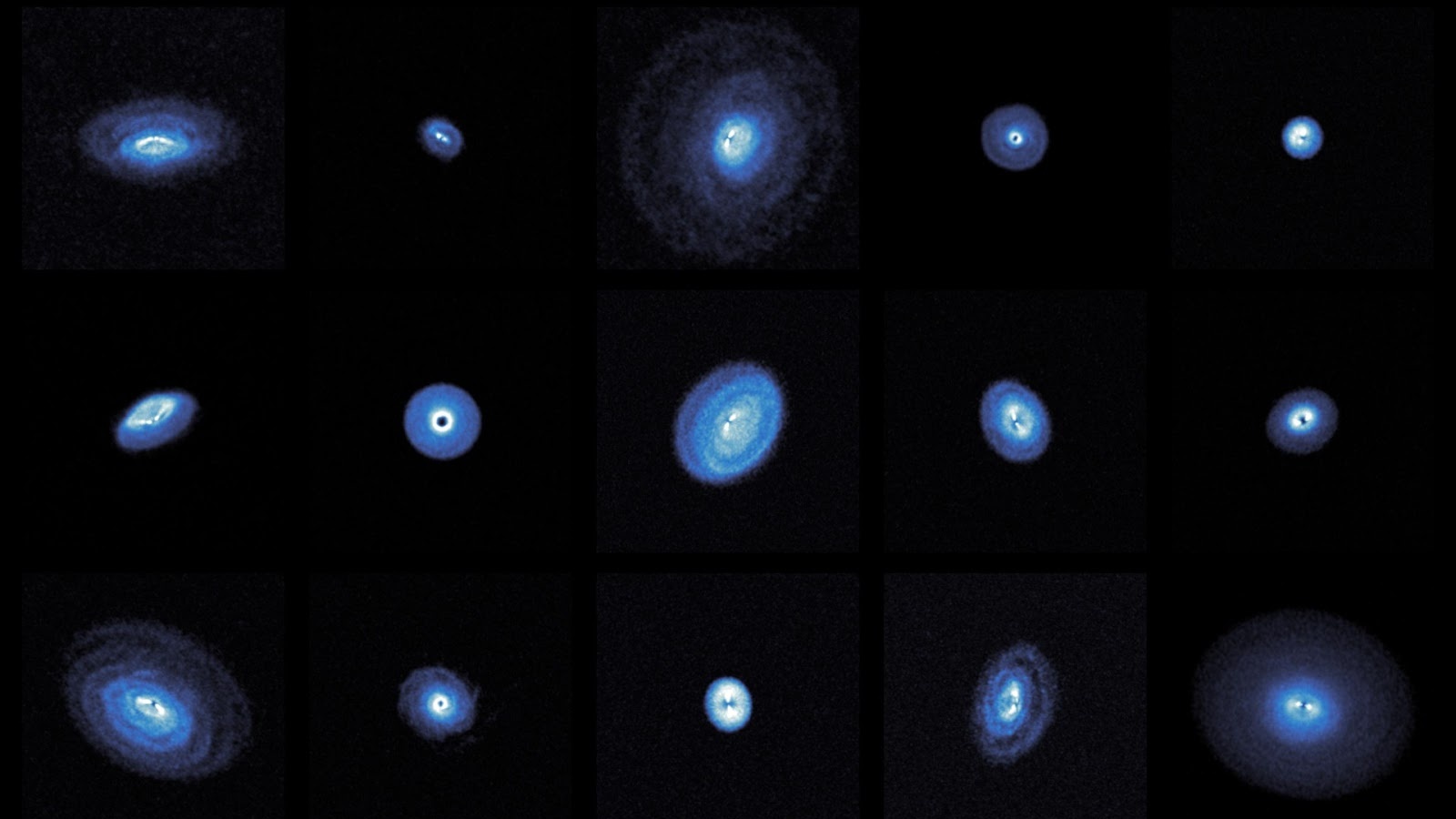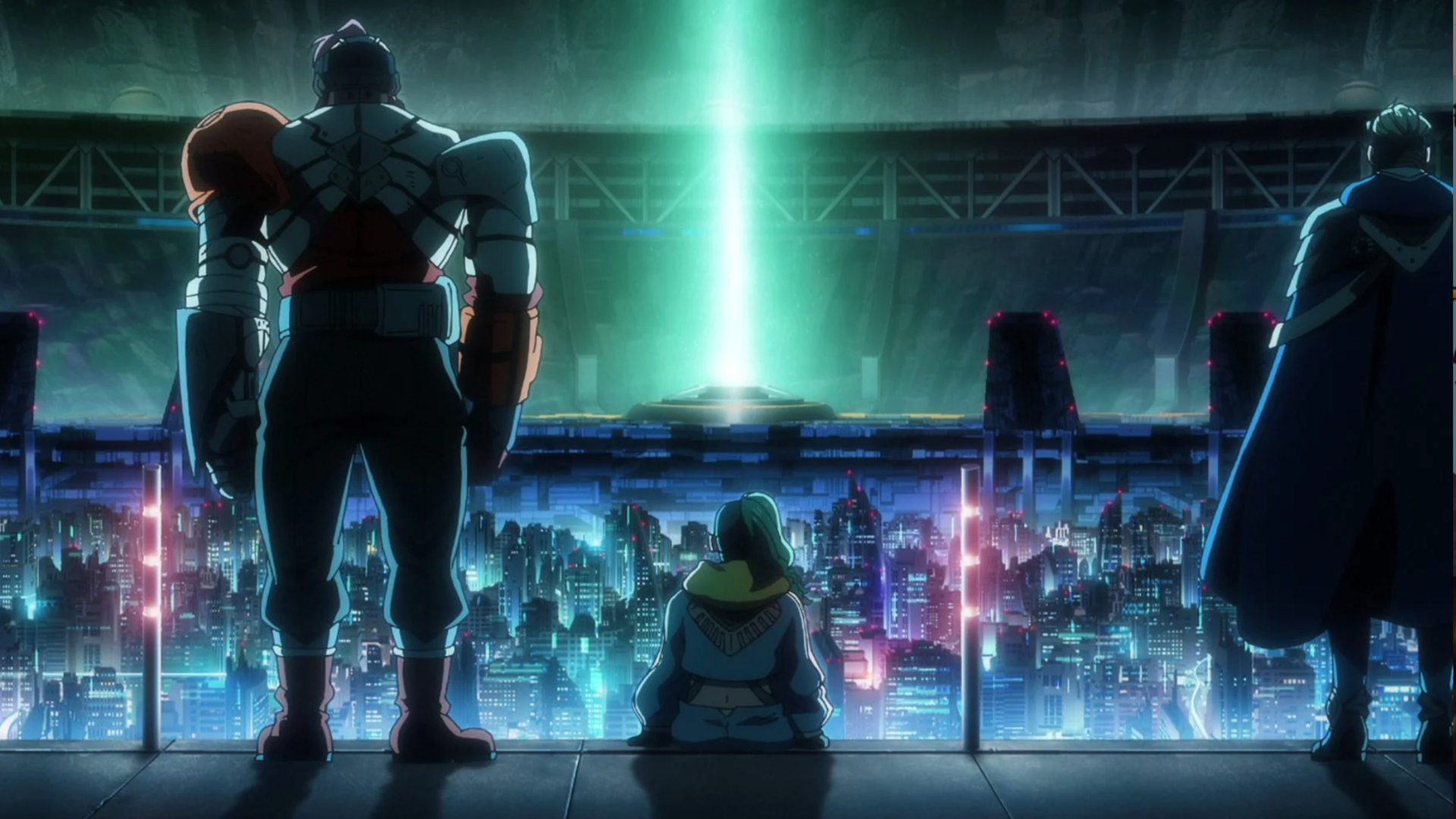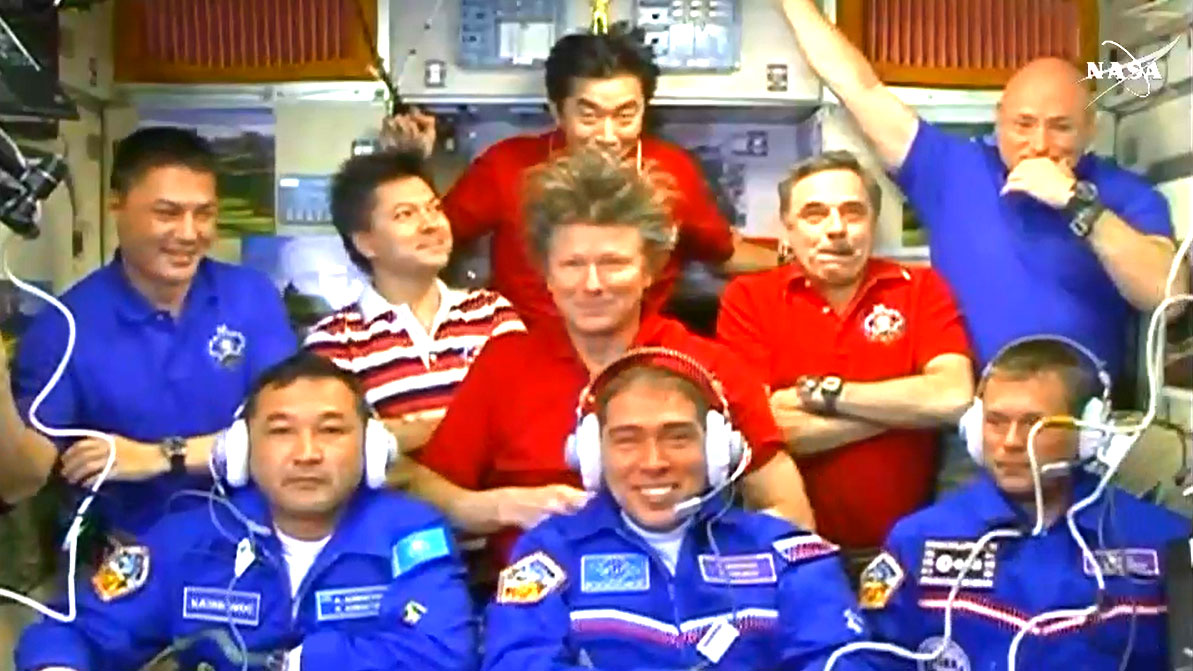
This story was updated at 4 p.m. EDT.
Three new crewmembers arrived at the International Space Station early Friday morning, boosting the orbiting lab's population to a level not seen since late 2013.
A Russian Soyuz spacecraft carrying cosmonaut Sergey Volkov, the European Space Agency's Andreas Mogensen and Kazakhstan's Aidyn Aimbetov docked with the space station's Poisk module at 3:39 a.m. EDT (0739 GMT) Friday (Sept. 4), two days after blasting off from the Baikonur Cosmodrome in Kazakhstan.
The hatches separating the two spacecraft opened at 6:15 a.m. EDT (1015 GMT) Friday, NASA officials said. The Soyuz travelers then floated aboard the $100 billion orbiting complex, joining the six crewmembers already there — cosmonauts Oleg Kononenko, Mikhail Kornienko and Gennady Padalka; NASA astronauts Scott Kelly and Kjell Lindgren; and Japanese spaceflyer Kimiya Yui.
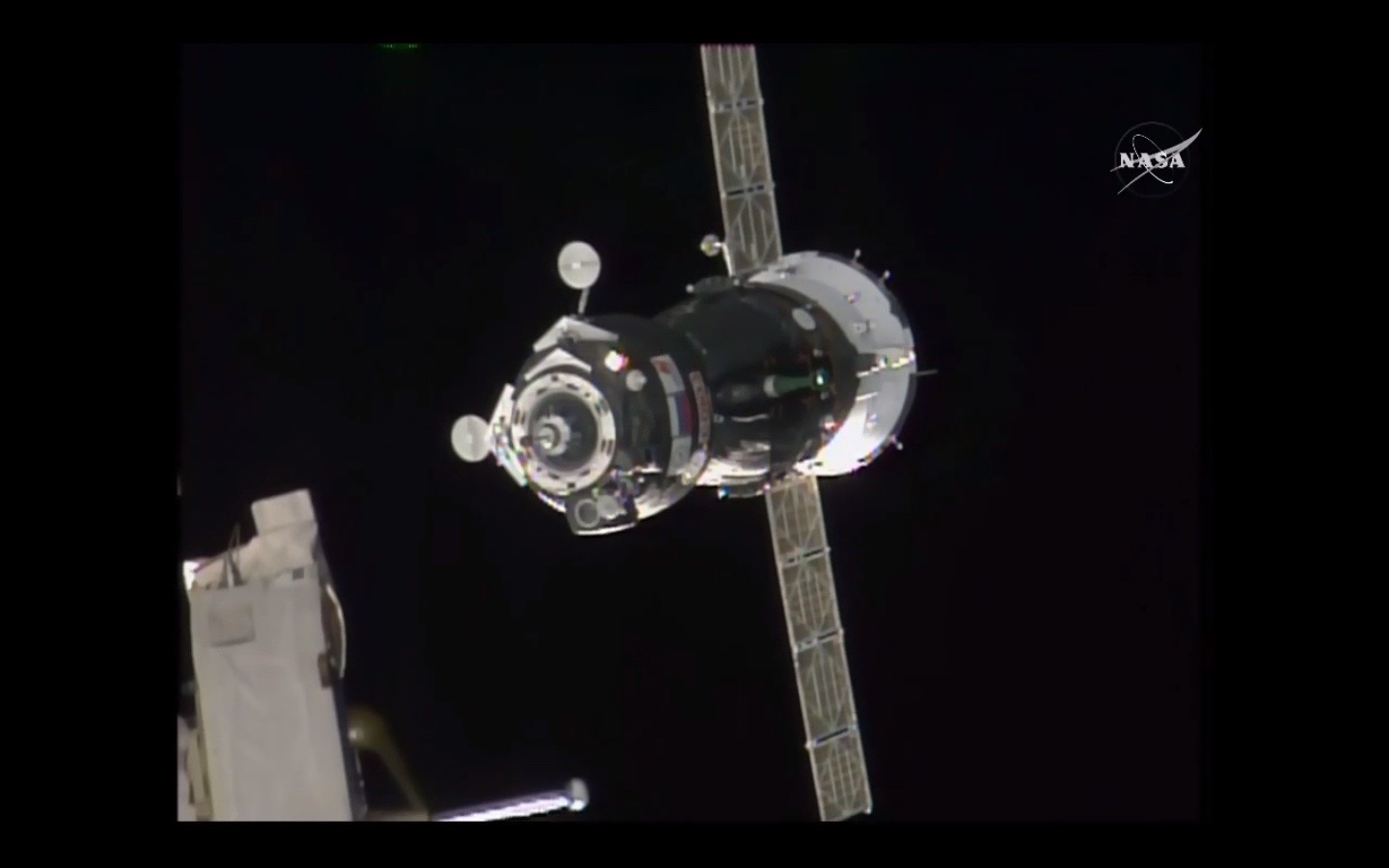
The moment marked the first time nine people have been on the International Space Station (ISS) since November 2013, NASA officials have said.
The abnormally dense population is a consequence of the yearlong mission involving Kelly and Kornienko that is currently taking place aboard the station. This unprecedented project, which kicked off in late March, is designed to help pave the way for long-duration crewed journeys to Mars.
Soyuz spacecraft are certified to stay in space for just six months, so the vehicle that brought Kelly and Kornienko up cannot take them down again in March 2016. The newly arrived Soyuz was launched primarily to do that job.
Get the Space.com Newsletter
Breaking space news, the latest updates on rocket launches, skywatching events and more!
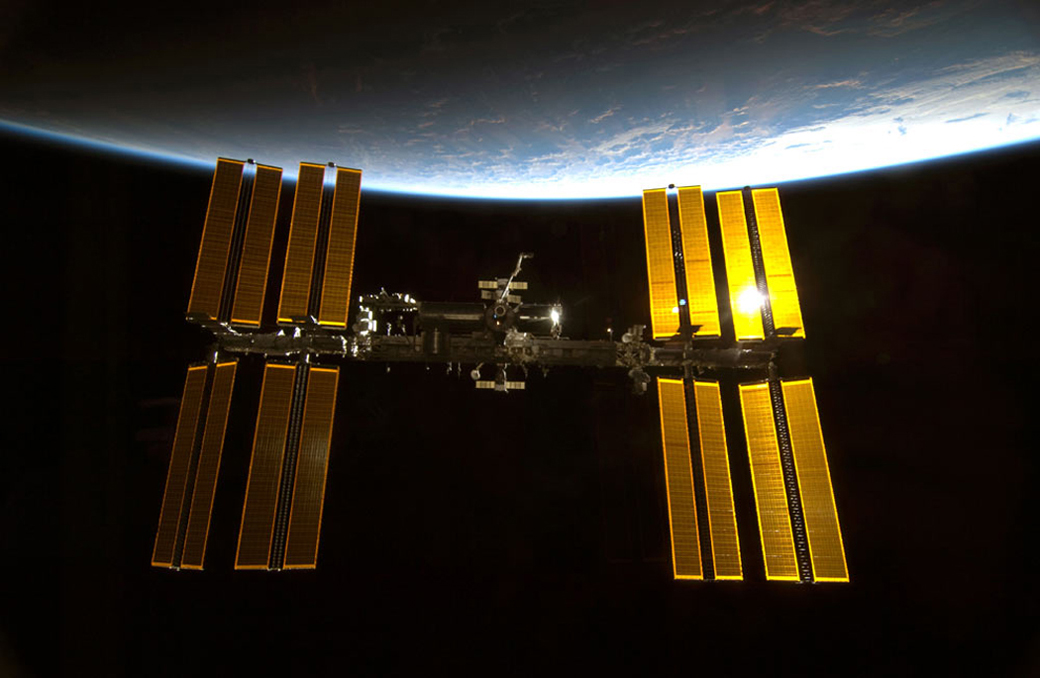
The space station will soon be down to its normal population of six crewmembers. Mogensen, Aimbetov and Padalka (who arrived this past March along with Kelly and Kornienko) are slated to depart on Sept. 12. (Volkov will stay aloft for the typical six-month stint, in contrast to the brief, 10-day mission of his launch companions.)
Aimbetov was a relatively late addition to the Soyuz's manifest. His seat was originally supposed to be filled by English singer Sarah Brightman, who was reportedly set to pay about $50 million for her short stay aboard the ISS. But Brightman backed out in May, citing personal reasons.
Follow Mike Wall on Twitter @michaeldwall and Google+. Follow us @Spacedotcom, Facebook or Google+. Originally published on Space.com.
Join our Space Forums to keep talking space on the latest missions, night sky and more! And if you have a news tip, correction or comment, let us know at: community@space.com.

Michael Wall is a Senior Space Writer with Space.com and joined the team in 2010. He primarily covers exoplanets, spaceflight and military space, but has been known to dabble in the space art beat. His book about the search for alien life, "Out There," was published on Nov. 13, 2018. Before becoming a science writer, Michael worked as a herpetologist and wildlife biologist. He has a Ph.D. in evolutionary biology from the University of Sydney, Australia, a bachelor's degree from the University of Arizona, and a graduate certificate in science writing from the University of California, Santa Cruz. To find out what his latest project is, you can follow Michael on Twitter.
